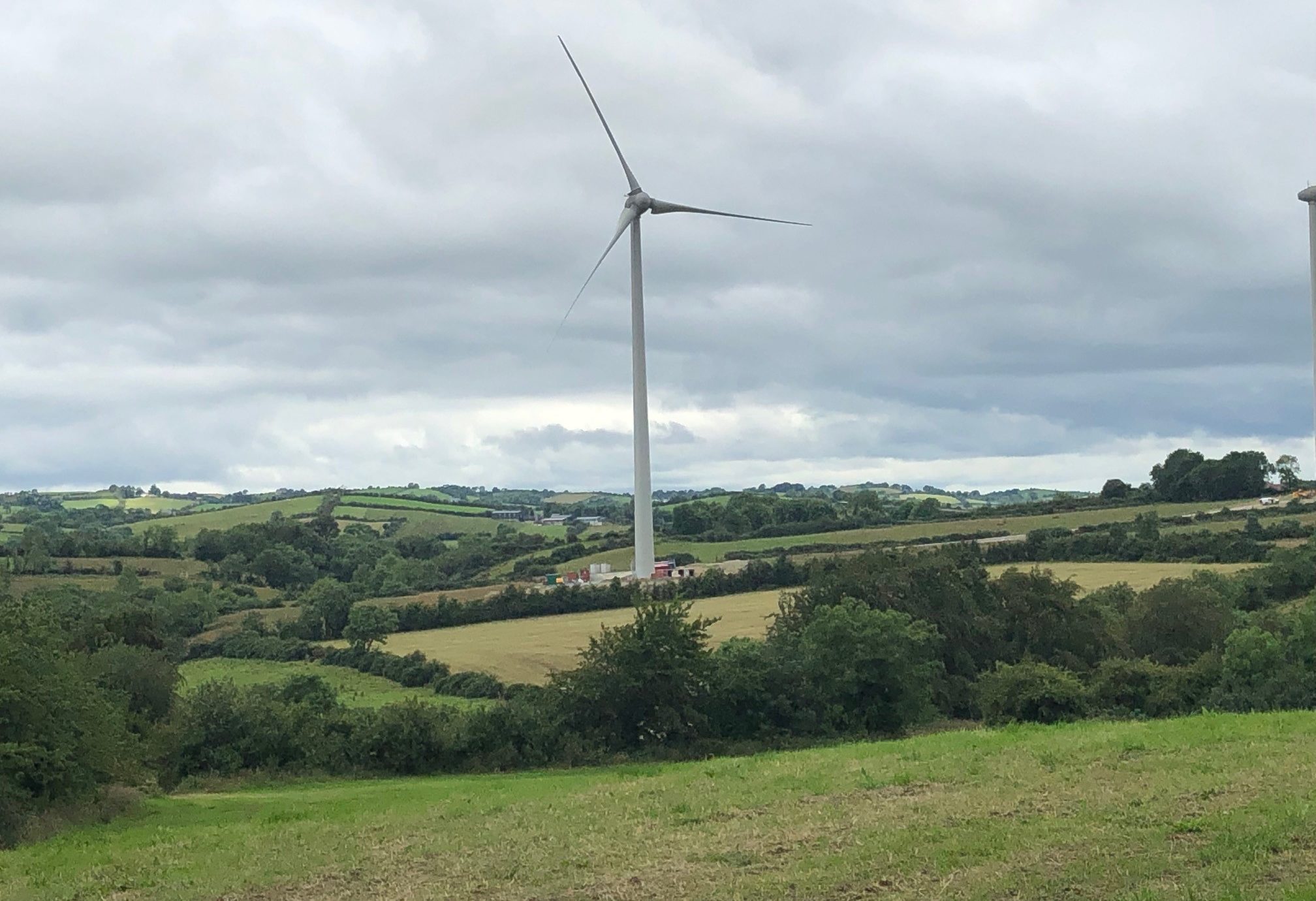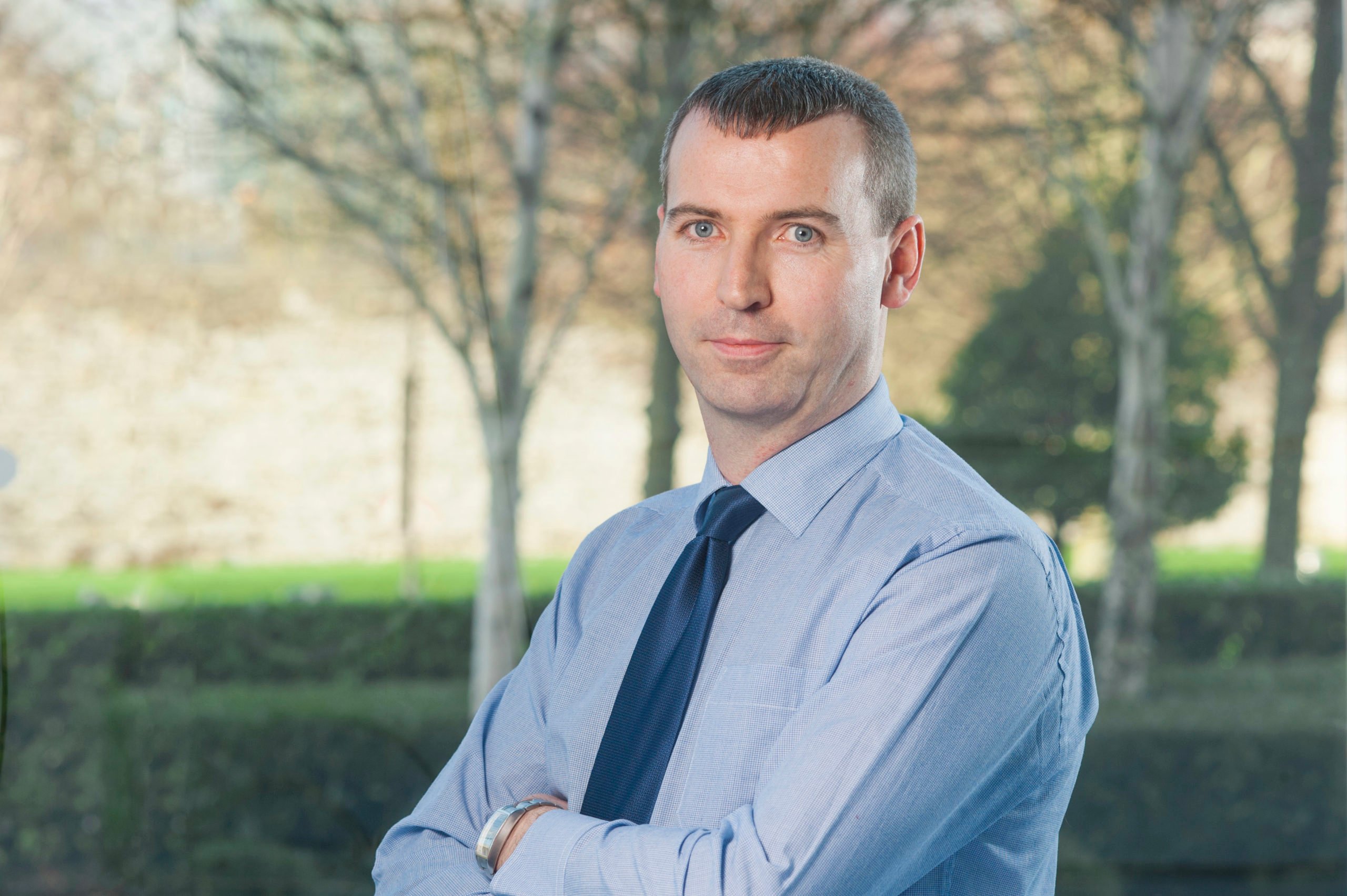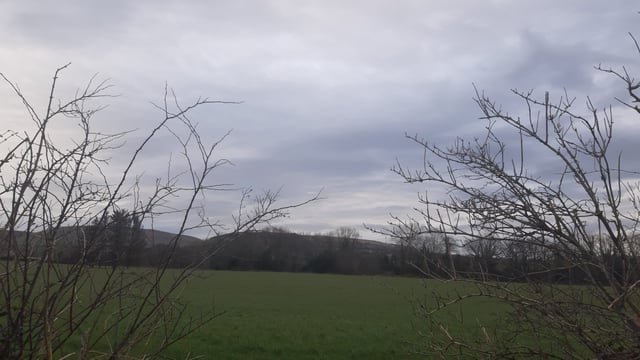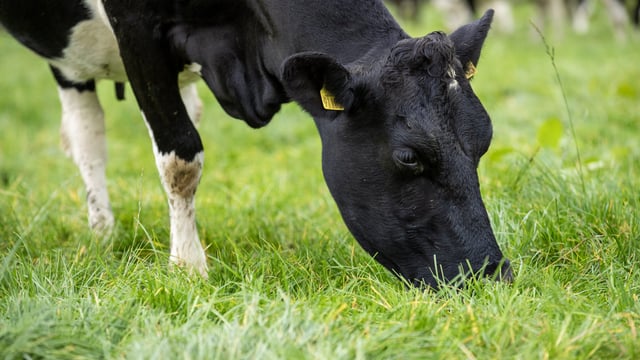July gas demand increased by 10% in a year
Gas Networks Ireland has revealed that demand for gas in July was up by 10% compared to the same month in 2021.
Demand for gas from airports rose by 95% on July 2021 when public health restrictions were in place, leisure and sports arenas were up 39%, retail rose by 35% and the hotel sector demand increased by a fifth.
Higher temperatures combined with peak holiday season meant that there was a 39% decrease in residential demand compared to the previous month.
Demand from offices and construction was down by around 30%, while it fell by 20% in the education sector.
However, the utility noted that there was a significant increase in gas demand for electricity generation, increasing by 5% when compared to June.
Gas generated 62% of Ireland’s electricity in July, up 12% on June and down 3% when compared to July last year.
Although the amount of electricity generated by wind energy in July fell by 28% month-on-month to 20%, it was up 52% compared to July 2021.
At certain times during July, gas accounted for 85% of the country's electricity generation, and never dropped under 24%.
Coal contributed 11% in July, which was double its contribution in June. It peaked at 21%, with a low of less than 1%.
Wind energy peaked at 65% during the month but dropped almost completely at times when wind supply dropped.
Commenting on the data, Gas Networks Ireland’s head of regulatory affairs, Brian Mullins, said:
“Gas is the ideal partner for weather-dependent renewables. Being able to harness wind energy when it is available and back it up with the flexibility and reliability of gas when it’s not available, provides a secure and complete energy system for the people of Ireland.
“This is how a complete energy system approach works in practice with wind and gas complementing each other to meet the bulk of Ireland’s electricity demand.
"The country needs a ‘whole of energy’ approach to the future. We need to stop seeing gas and electricity as separate and look at how to decarbonise the end-to-end energy system, not just individual fuels," Mullins added.







